Optimal Timing for Foundation Repairs
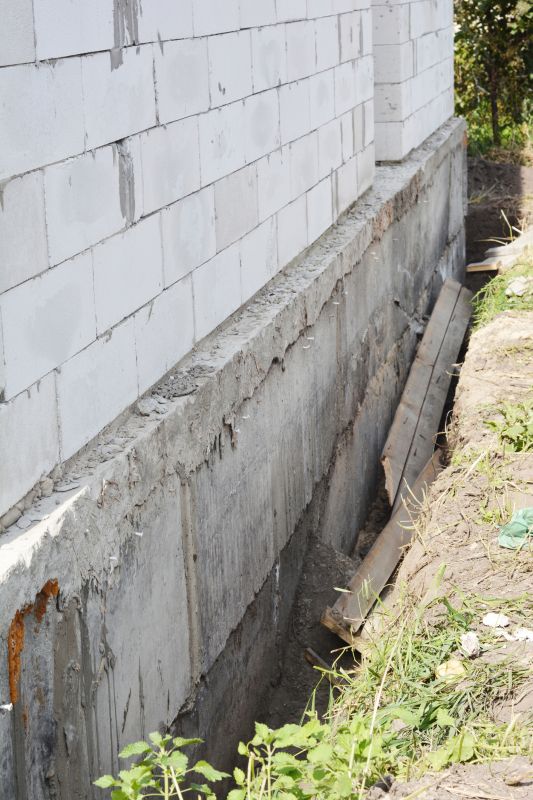
Spring offers moderate temperatures and stable ground conditions, making it suitable for foundation repairs.
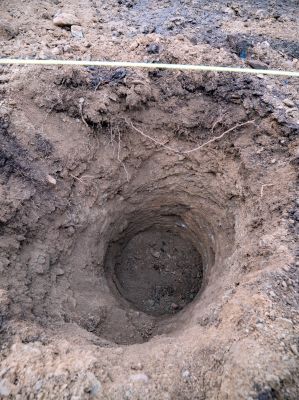
Summer provides warm weather; however, dry soil conditions can complicate certain repair methods.
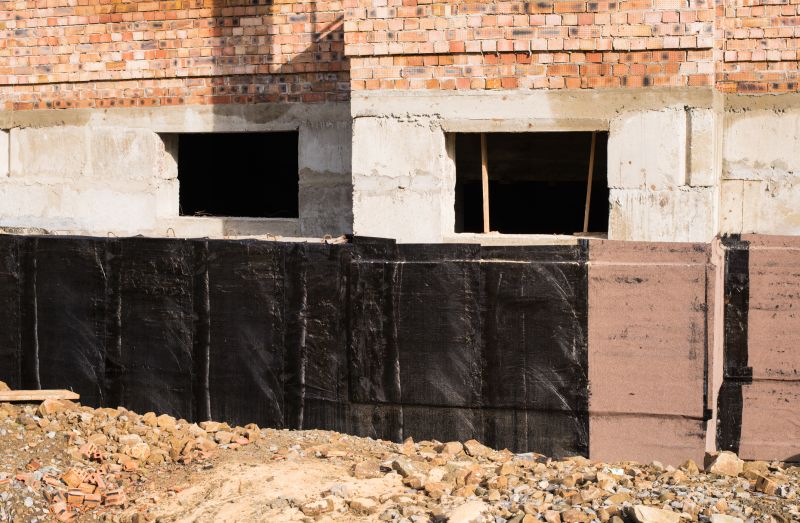
Fall's cooler temperatures and moisture levels can be ideal for specific repair techniques.
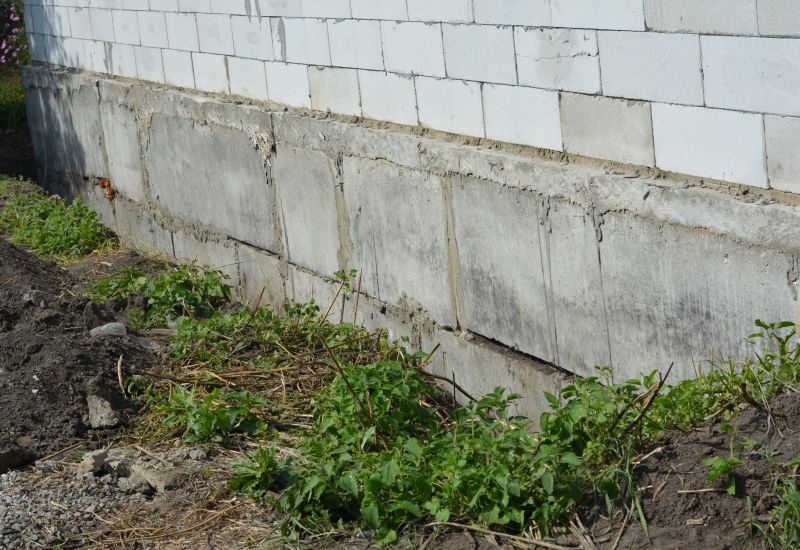
Winter is generally less suitable due to frozen ground and harsh weather conditions.
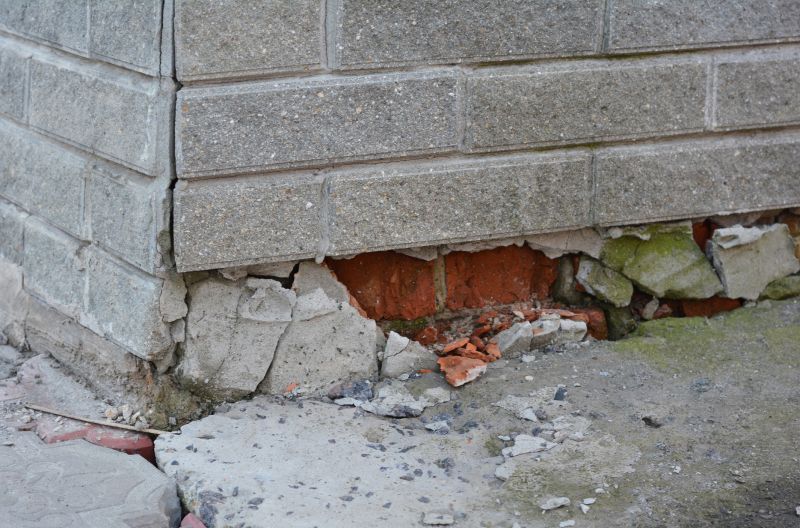
Late spring and early fall are often considered the best times for foundation repairs due to favorable soil and weather conditions.
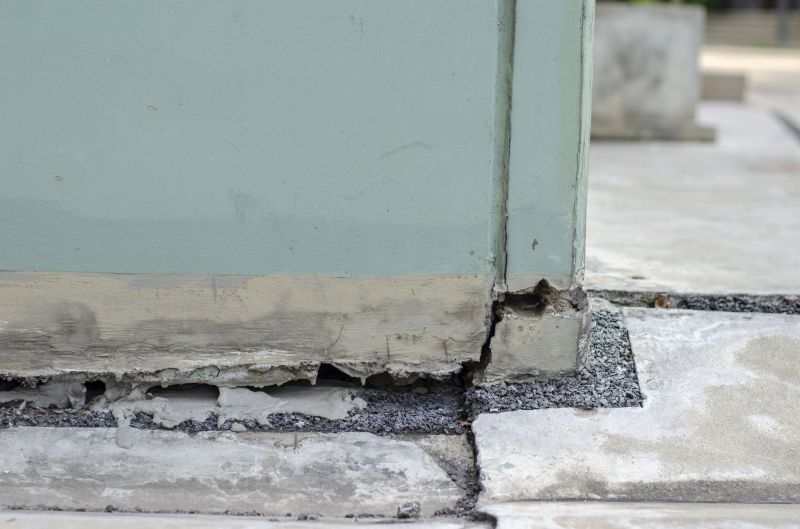
Unfavorable weather, such as heavy rain or extreme cold, can delay or complicate foundation repair projects.
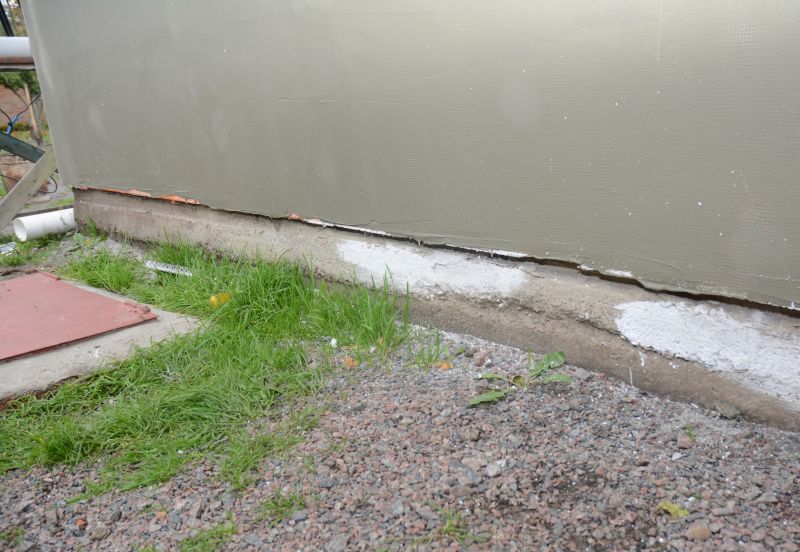
Ways to make Foundation Repairs work in tight or awkward layouts.
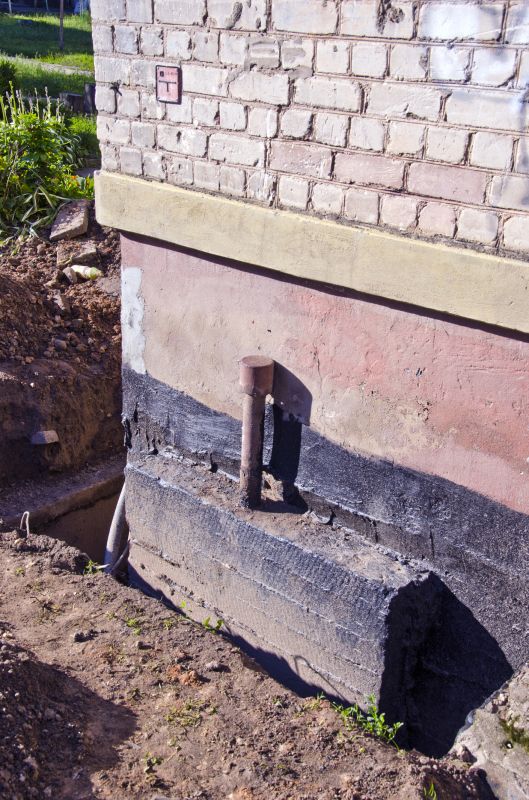
Popular materials for Foundation Repairs and why they hold up over time.
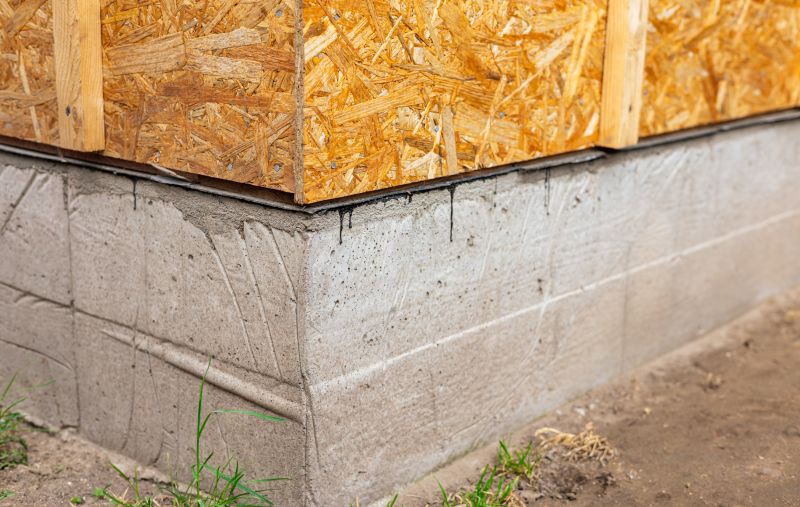
Simple add-ons that improve Foundation Repairs without blowing the budget.
Foundation repairs are essential for maintaining the structural integrity of a building. They address issues such as settling, cracking, or shifting that can compromise safety and property value. Proper timing ensures repairs are effective and less disruptive. Seasonal conditions influence soil moisture levels and ground stability, which are critical factors in foundation health.
Statistics indicate that foundation problems are among the most common structural issues in residential buildings. Approximately 70% of homes experience some form of foundation movement during their lifespan. Addressing these issues promptly can prevent costly repairs and extensive damage. The choice of timing for repairs can impact the longevity and success of the project, with favorable weather conditions reducing risks and improving outcomes.
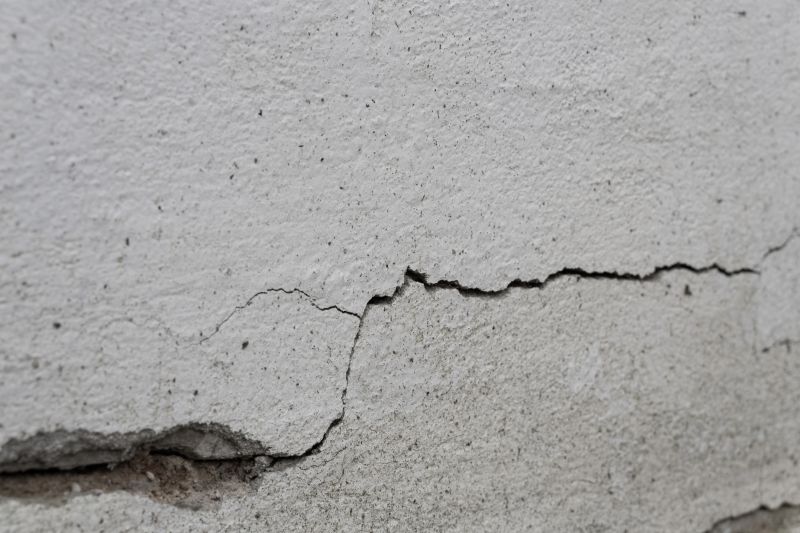
Cracks can indicate shifting or settling, requiring timely repair to prevent further damage.
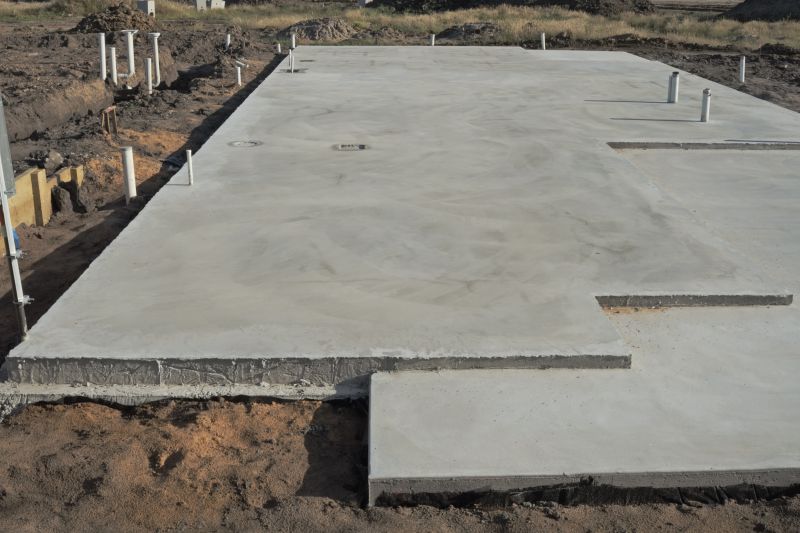
Uneven or sloping floors often signal underlying foundation issues needing assessment.
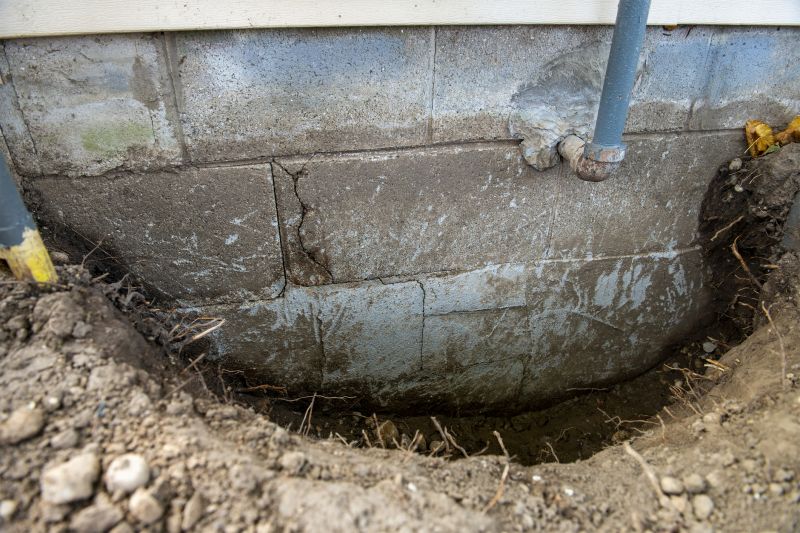
Bowing basement walls are signs of lateral pressure and should be addressed promptly.
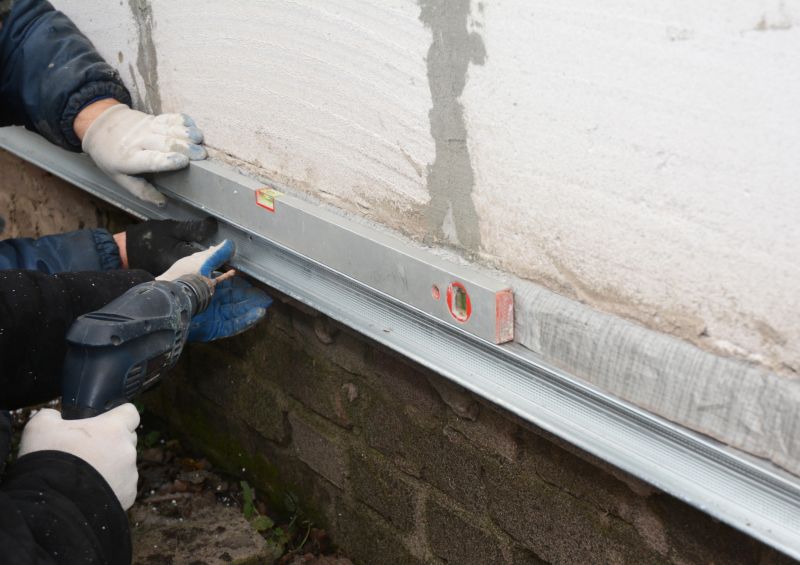
Soil expansion or contraction affects foundation stability and is influenced by seasonal moisture changes.
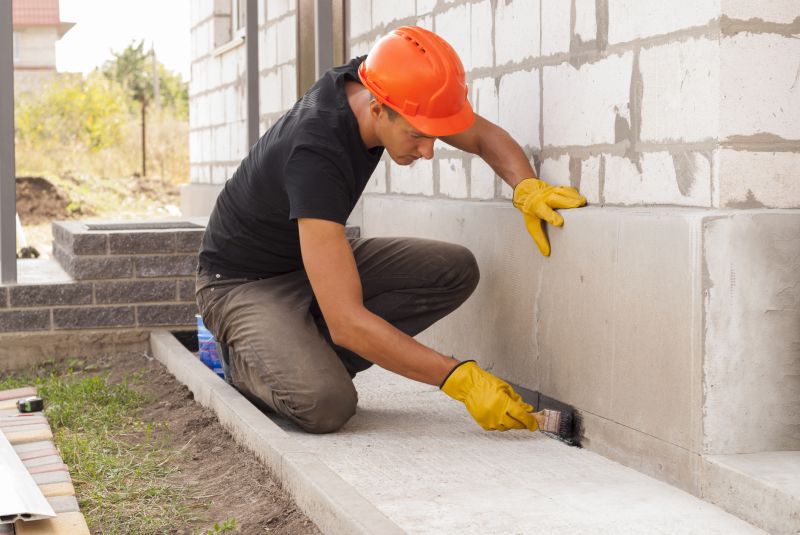
High-end options that actually feel worth it for Foundation Repairs.
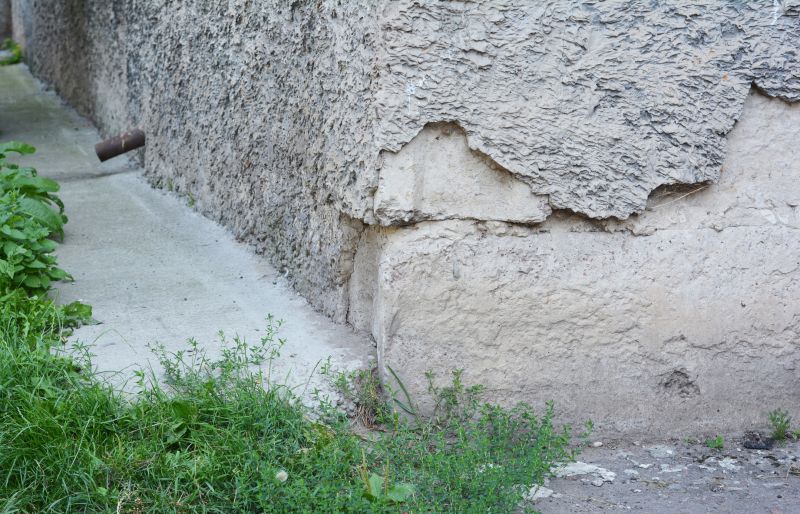
Finishes and colors that play nicely with Foundation Repairs.
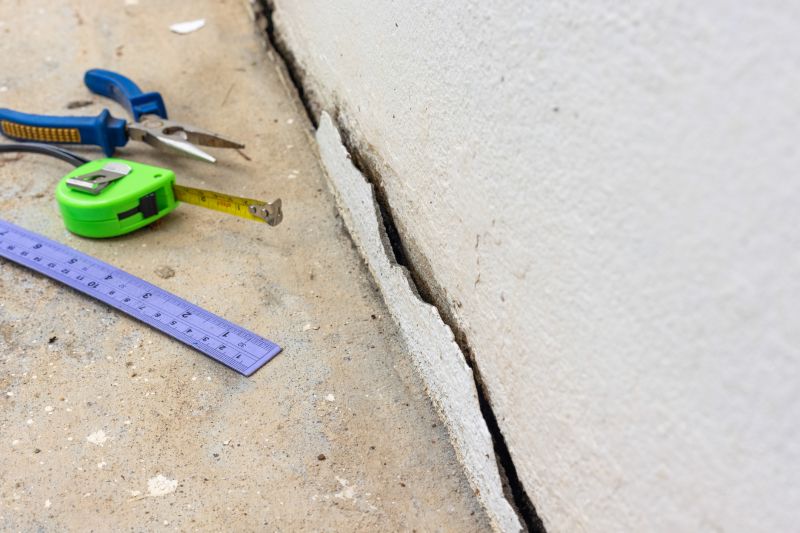
Little measurements that prevent headaches on Foundation Repairs day.
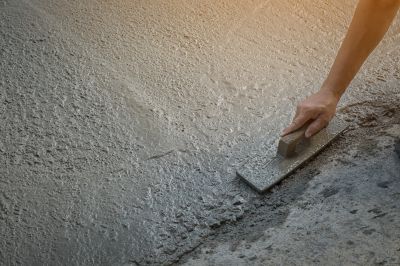
A 60-second routine that keeps Foundation Repairs looking new.
| Season | Ideal Conditions |
|---|---|
| Spring | Moderate temperatures and moist soil |
| Summer | Warm weather but dry soil conditions |
| Fall | Cool temperatures with stable ground moisture |
| Winter | Frozen ground and harsh weather |
A frequent mistake in Foundation Repairs and how to dodge it.
Small tweaks to make Foundation Repairs safer and easier to use.
Lower-waste or water-saving choices for Foundation Repairs.



